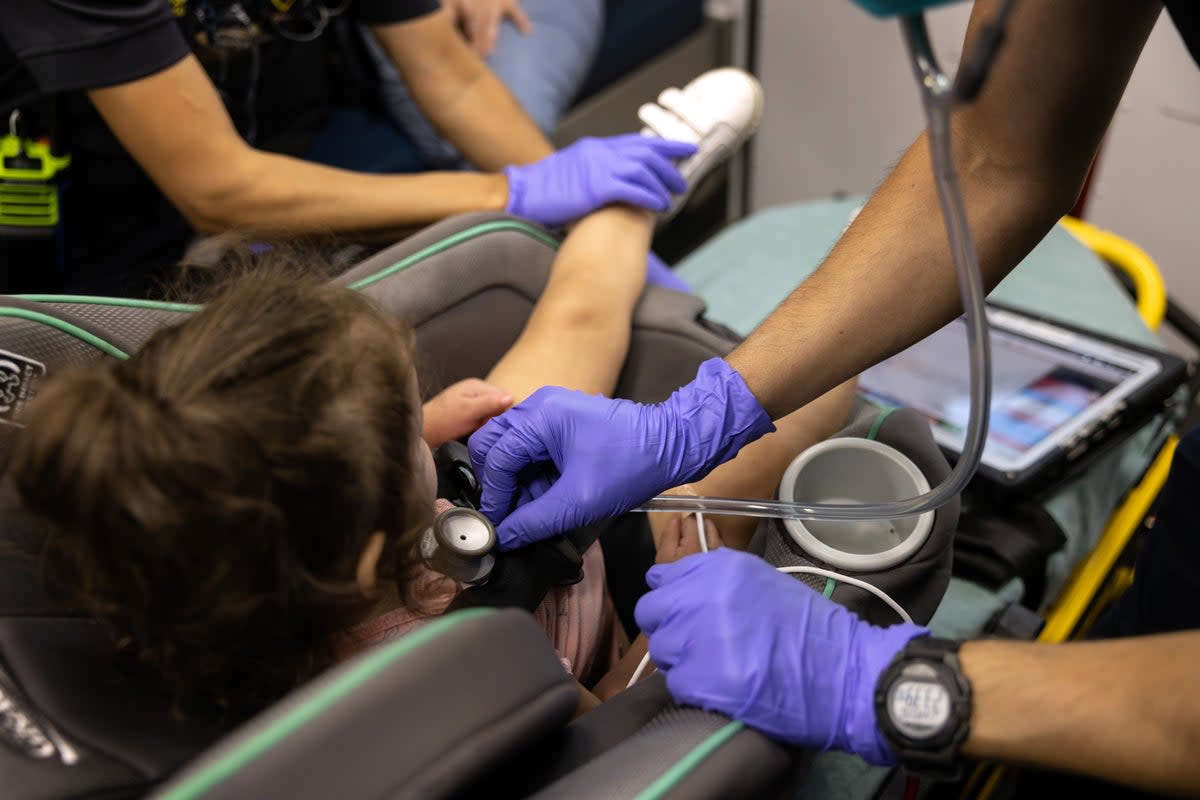Hepatitis identified in more than 220 children across UK as 25 new cases reported

A further 25 cases of hepatitis in young children have been identified in the UK, health officials say.
In total, 222 children aged 10 and under have developed severe liver inflammation since January, according to the UK Health Security Agency. Typically, Britain will record only a handful of cases each year.
Of the confirmed cases, 158 are resident in England, 31 are in Scotland, 17 are in Wales and 16 are in Northern Ireland. There have been no recorded deaths in the UK, though a small number of children have required liver transplants.
Most cares are predominantly in children under five, who showed initial symptoms of diarrhoea and nausea, followed by the onset of jaundice, UKHSA said in an update on Friday.
The agency said there remains a “strong association” with adenovirus, which is the most frequently detected virus in the case samples. Other contributing factors, such as prior Covid infection, are also being investigated, UKHSA said.
There is no evidence linking the development of severe liver inflammation with Covid vaccination. The majority of cases are under five and too young to have received the vaccine.
Dr Renu Bindra, senior medical advisor and incident director at UKHSA, said: “Our investigations continue to suggest an association with adenovirus, and we are exploring this link, along with other possible contributing factors including prior infections such as Covid.”
Research studies are being undertaken by health officials to better understand possible immune factors and the effect of recent or concurrent infections in children.
Dr Bindra said the likelihood of children developing hepatitis remains “extremely low”. She added: “Maintaining normal hygiene measures, including making sure children regularly wash their hands properly, helps to reduce the spread of many common infections, including adenovirus.
“We continue to remind everyone to be alert to the signs of hepatitis – particularly jaundice, look for a yellow tinge in the whites of the eyes – and contact your doctor if you are concerned.”
UKHSA is working alongside other countries that have detected a sudden rise in hepatitis among children. Last week, the European Center for Disease Prevention and Control said there was more than 600 global cases. The outbreak is now affecting at least 12 countries, including Canada, Japan, the US and Israel.
The World Health Organisation is also investigating. It said in a recent report that although adenovirus is one hypothesis as the underlying cause behind the outbreak in cases, “it does not fully explain the severity of the clinical picture”.
Unusually, the cases do not feature the viruses which are typically responsible for acute liver inflammation. These are hepatitis A, B, C, D and E.

 Yahoo News
Yahoo News 
